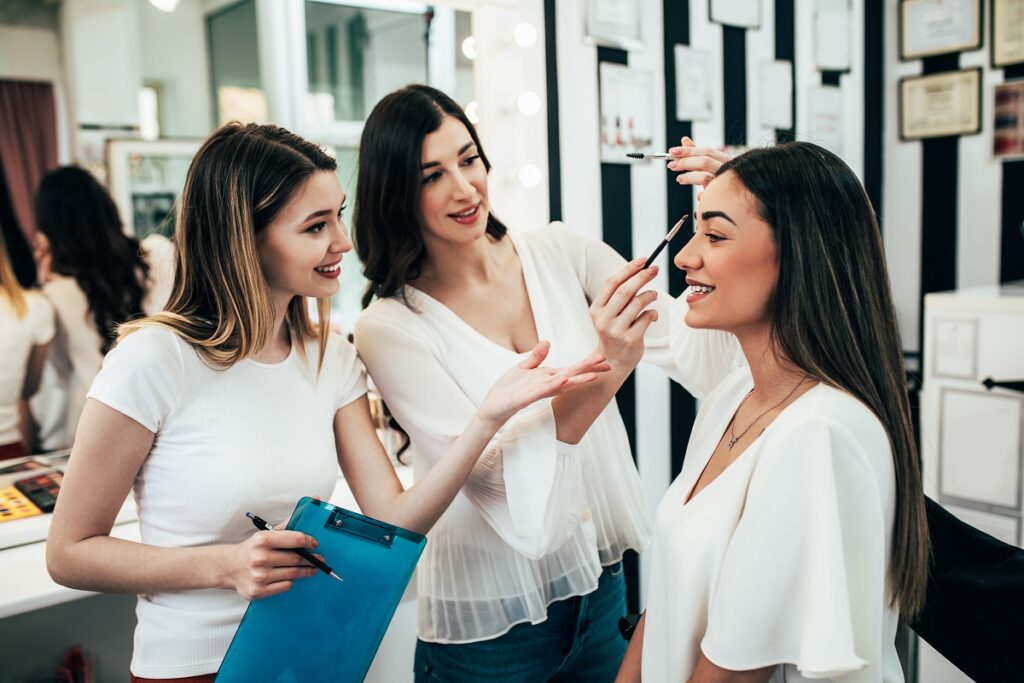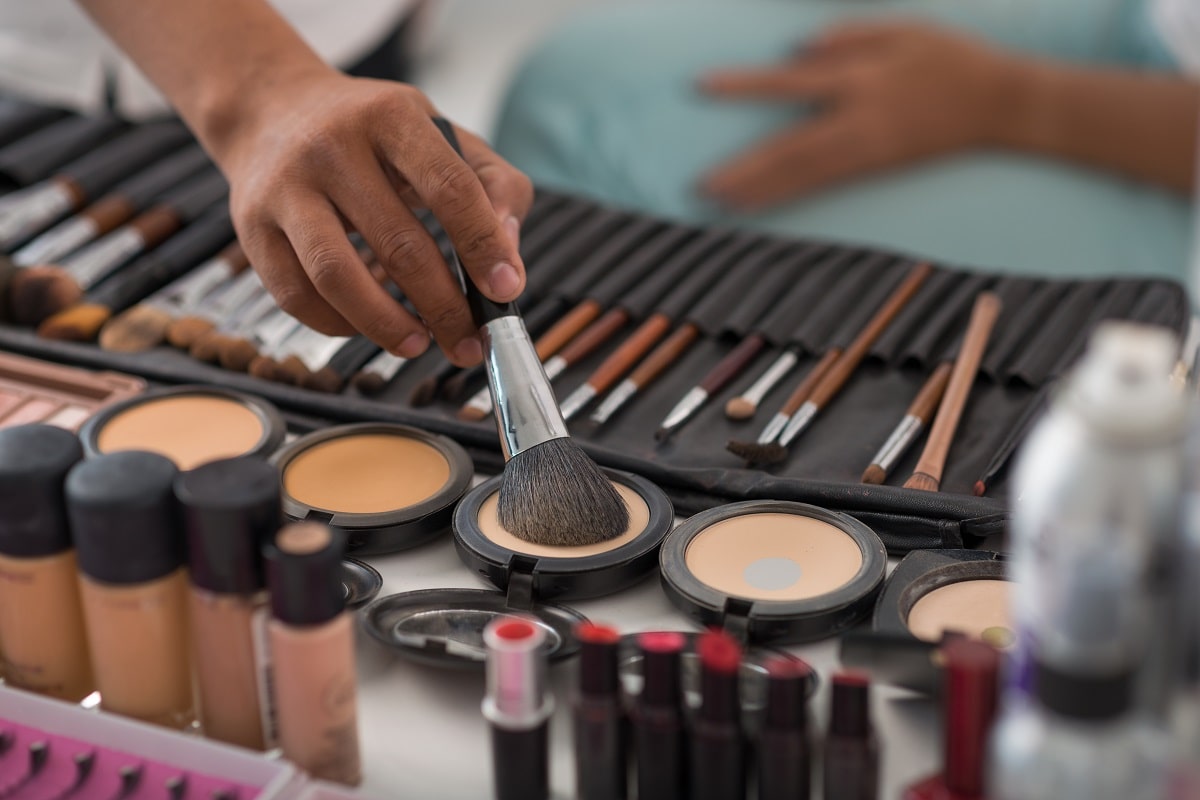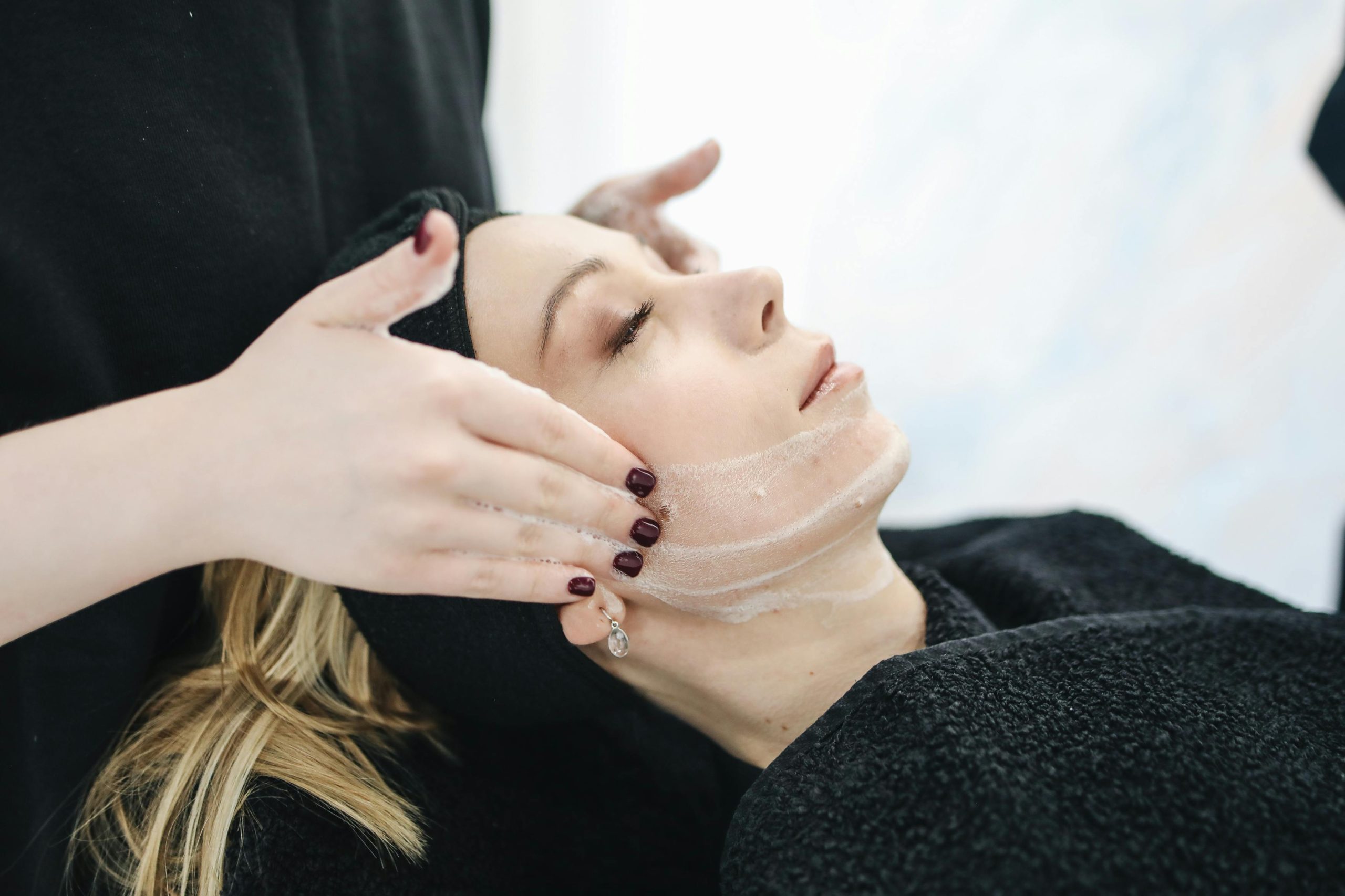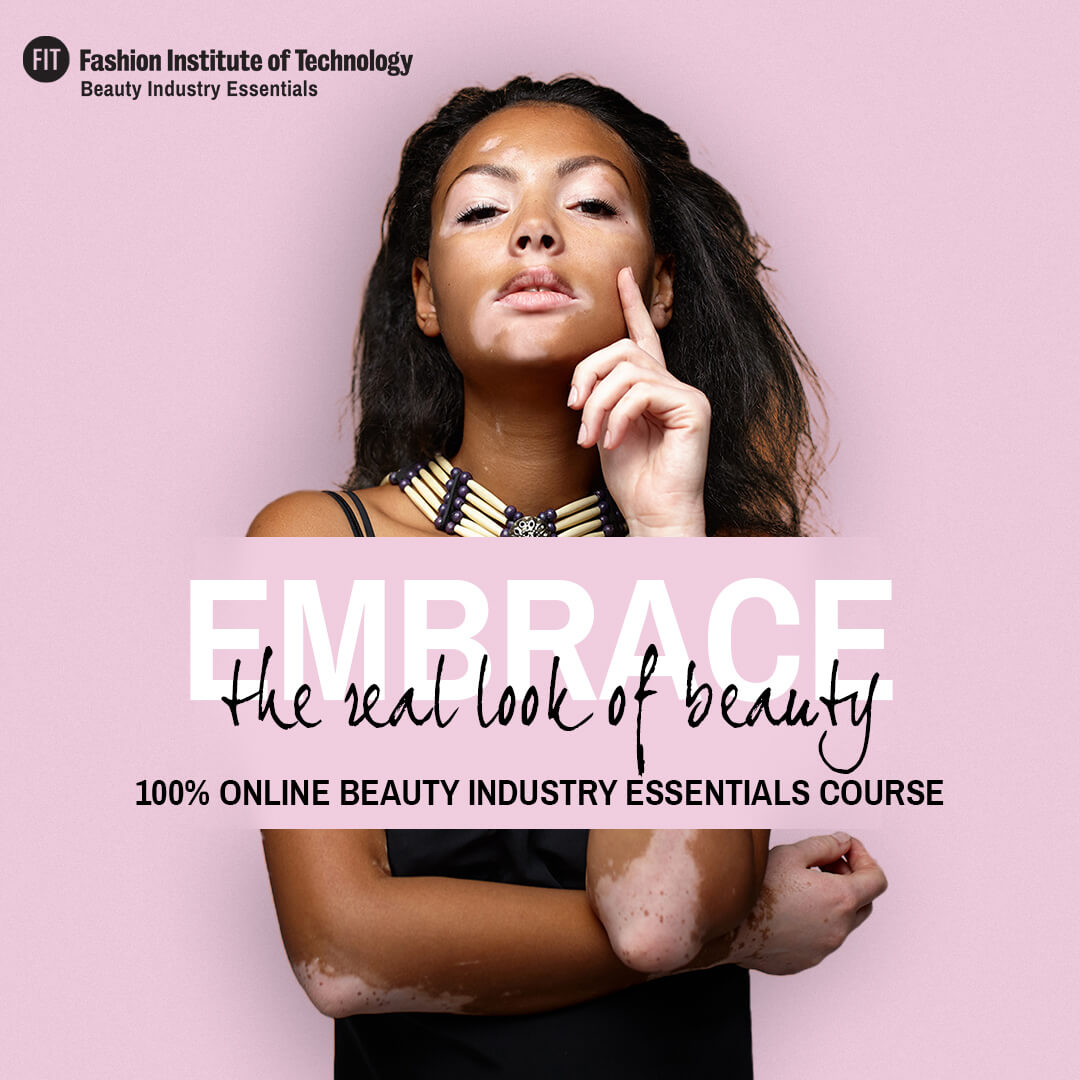In today’s beauty industry, the concept of sustainability has become a significant focus for consumers and brands alike. Sustainable beauty brands are those that prioritize environmentally friendly practices, ethical sourcing, and transparent production processes to reduce their impact on the planet and promote social responsibility.
As the demand for eco-conscious products continues to rise, sustainable beauty brands are gaining traction and reshaping the industry landscape.
Sustainable Packaging Specialist
A sustainable packaging specialist plays a crucial role in developing eco-friendly packaging solutions for beauty products. This role involves researching and implementing sustainable materials, designing packaging that minimizes waste, and collaborating with suppliers to ensure environmentally responsible packaging practices.
Ethical Sourcing Manager
An ethical sourcing manager is responsible for overseeing the sourcing of ingredients for beauty products in a sustainable and ethical manner. This role involves working closely with suppliers to ensure fair trade practices, traceability of ingredients, and compliance with environmental and social standards.
Green Chemist
A green chemist specializes in formulating beauty products using natural, organic, and non-toxic ingredients. Green chemists develop innovative formulations that are safe for consumers and the environment, while also meeting performance and efficacy standards in the beauty industry.
Sustainability Consultant
A sustainability consultant provides expertise and guidance to beauty brands on implementing sustainable practices across their operations. This role involves conducting sustainability audits, developing sustainability strategies, and helping brands reduce their environmental footprint while maintaining profitability.
Corporate Social Responsibility Manager
A corporate social responsibility manager is responsible for developing and implementing social and environmental initiatives within a beauty company. This role involves engaging with stakeholders, implementing ethical sourcing practices, and overseeing community engagement programs to promote sustainability and social responsibility.
Waste Reduction Coordinator
A waste reduction coordinator focuses on minimizing waste and enhancing recycling efforts within a beauty company. This role involves analyzing waste streams, implementing waste reduction strategies, and educating employees on sustainable waste management practices to reduce the environmental impact of beauty production.
Sustainable Supply Chain Manager
A sustainable supply chain manager is responsible for optimizing the supply chain of beauty products to minimize environmental impact and promote ethical practices. This role involves working with suppliers to ensure sustainable sourcing, reducing carbon emissions in transportation, and implementing circular economy initiatives within the supply chain.
Green Packaging Designer
A green packaging designer specializes in creating innovative and sustainable packaging solutions for beauty products. This role involves designing packaging that is recyclable, biodegradable, and aesthetically pleasing, while also meeting the functional and branding requirements of beauty brands.
Environmental Compliance Specialist
An environmental compliance specialist ensures that beauty brands comply with environmental regulations and standards in their operations. This role involves monitoring environmental performance, conducting audits, and implementing measures to reduce environmental impact and ensure regulatory compliance in the beauty industry.
Sustainable Marketing Manager
A sustainable marketing manager focuses on promoting eco-friendly and ethical beauty products to consumers. This role involves developing marketing campaigns that highlight the sustainability and social responsibility initiatives of beauty brands, educating consumers on the benefits of sustainable beauty practices, and driving demand for eco-conscious products in the market.
Conclusion
In the dynamic and evolving landscape of the beauty industry, careers in sustainable beauty practices offer exciting opportunities for professionals passionate about environmental stewardship and social responsibility.
By pursuing roles in sustainable packaging, ethical sourcing, green chemistry, sustainability consulting, and other areas, individuals can make a meaningful impact in advancing sustainability within the beauty industry.
Key Takeaways:
- Sustainability is transforming the beauty industry, with growing consumer demand for eco-friendly, ethical, and transparent practices.
- Brands are integrating sustainability into all business areas, from product formulation and packaging to supply chains and marketing.
- A wide range of new career paths is emerging, offering professionals opportunities to contribute to environmental and social responsibility within the beauty sector.
- Interdisciplinary collaboration is key, requiring expertise in science, ethics, design, compliance, and strategy to drive sustainable innovation.
- Consumers now expect authenticity and accountability, making sustainability not just a trend, but a competitive advantage for brands.
- Pursuing a career in sustainable beauty allows individuals to align professional goals with purpose, creating impact beyond profit.
To deepen your knowledge and skills in the field of sustainable beauty practices, consider enrolling in the FIT Beauty Industry Essentials online course and certificate program offered by Yellowbrick. This program can provide valuable insights, practical knowledge, and industry connections to help you succeed in the dynamic world of sustainable beauty brands.








